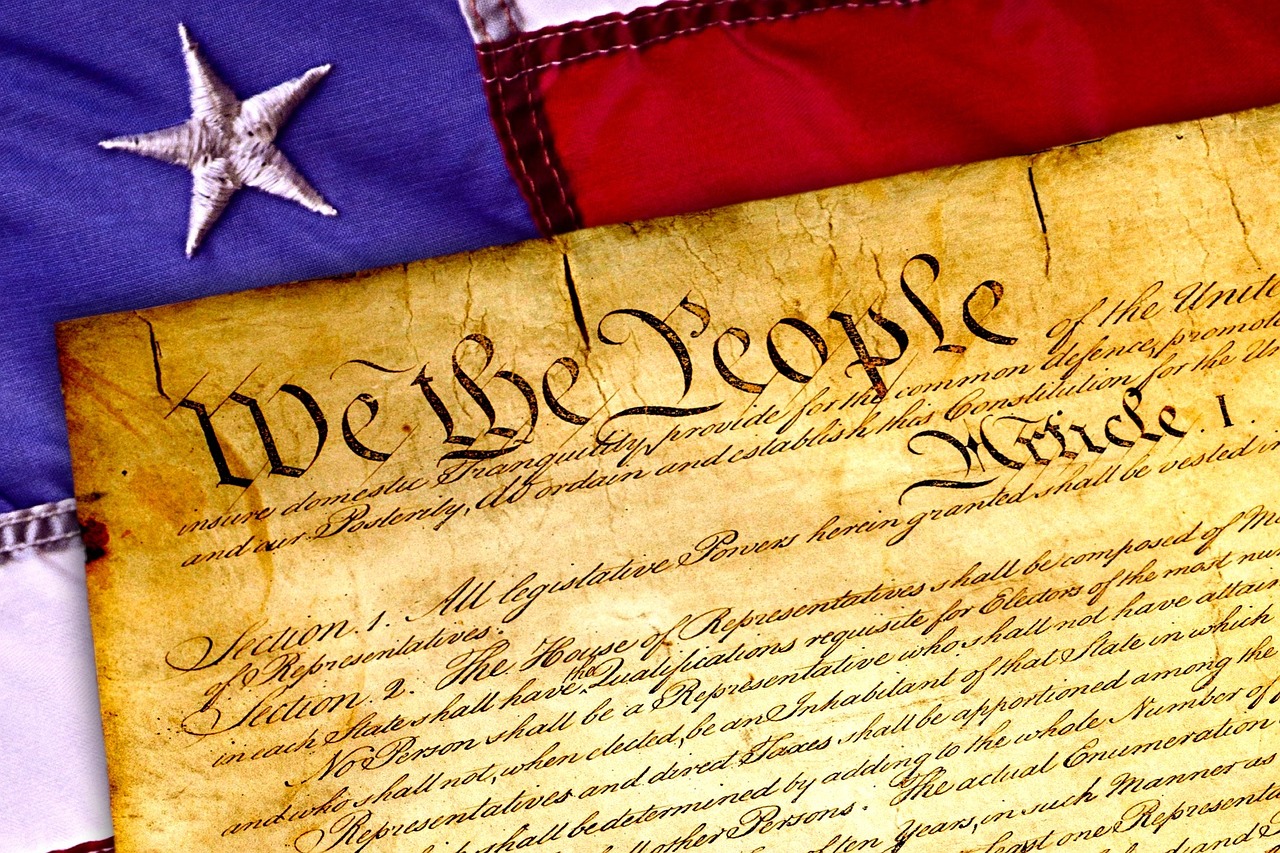
I’ve been seeing a lot of people post on social media that they will oppose a Muslim registry, or even register as Muslims themselves, in protest to a Muslim registry. Many articles have been written about the same sentiment and even some states are looking at what they can do to protect their own people.
The words of support have been beautiful to see.
The problem is people are not anticipating the right thing.
A religious registry will not be a mass registry requiring all Muslims in the US to register. It will not require US citizen Muslims to come forward. It will likely not include Permanent Residents (Green Card Holders) either – much to the disappointment of many.
A national registry based on religion would be illegal.
A national registry based on religion would cause too much backlash from the public.
No, though a registry of some kind does seem imminent, it will be couched behind something else… something most people will accept as insignificant, minor, or even necessary.
The question is, will all the people saying they would oppose a Muslim registry still act when it is not the radical policy they are expecting but the paper cuts that it will be?
We have seen this before. Special Registration. Even though it made headlines, organizations actively protested it, and hundreds were detained, most people have never heard of it… or just don’t remember it because at the time it didn’t seem ‘significant.’ In other words, it did not affect them or anyone they knew.
Special Registration was based on country of origin, not religion. Of course, other than North Korea, all other countries selected were majority Muslim countries.
The counter argument I have heard when discussing the previous policy with people was that because the policy also included Christians and Jews from those countries, it was not religiously based, ‘different,’ and not discriminatory.
That is why countries were chosen instead of religion in the program. Points for the Bush administration for ‘hiding the ball’ in plain sight.
Special Registration required (only) males older the 16 years of age to report but did not apply to US citizens, Permanent Residents, or pending asylum applicants.
In other words, adult males from primarily Muslim countries (except North Korea) who were already in immigration databases were the only people required to report to immigration bi-annually (approximately) for fingerprints, photographs, and questioning.
The questioning was really the problem. While all people (who met the criteria) from the chosen countries of origin were required to report, once it was determined the person was Muslim, the real questions began:
What mosque to do you go to? How often do you go to the mosque? Do you pray 5 times a day? What organizations are you a member of? What are the names and addresses of all your friends and family in the US? What are your feelings about US policies?
The Special Registration program was discontinued because it created a huge workload but generated zero useful information.
No surprise considering virtually all the people who registered already had complete profiles in the immigration database.
The one thing it did supply was even more people for the FBI ‘voluntary interview‘ program – remember they asked for names and addresses of all friends and family living in the US? (Interesting tidbit: The US Census Bureau also handed over the US Census data so the FBI could identify possible Muslim candidates for ‘voluntary interviews’ based on the ethnicity and names.)
Kudos again to the Bush administration for figuring out how to target Muslims in a way that was ‘technically’ legal and easy for most Americans to ignore.
So back to my original question: Will people only stand up if a radical (and illegal) Muslim Registration were implemented (not going to happen) or will the couched policies (paper cuts) also stay on their radar?
Because I can assure you, I will not only fight the ‘paper cuts’ against religious and ethnic targeting in this country but also the ‘paper cuts’ I anticipate against other minorities… all other minorities. Women, LGBT, immigrants, people of color, minority faiths, and the poor are all in the bullseye these days.